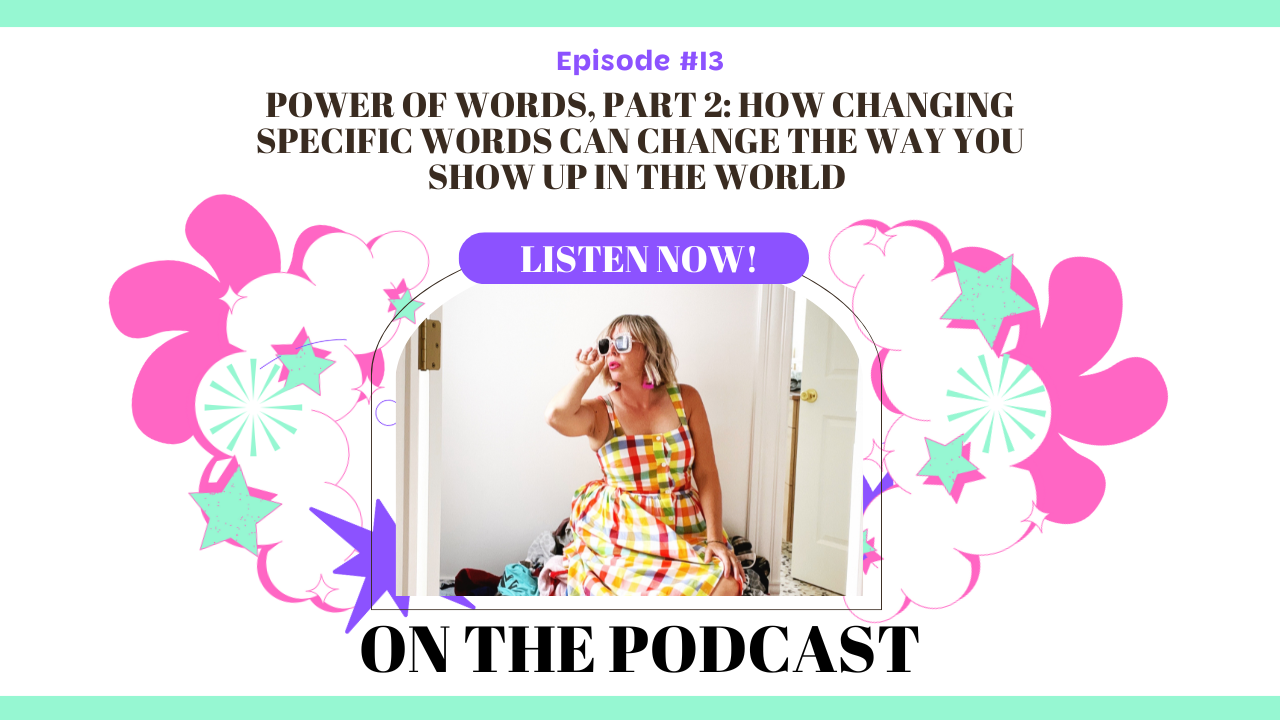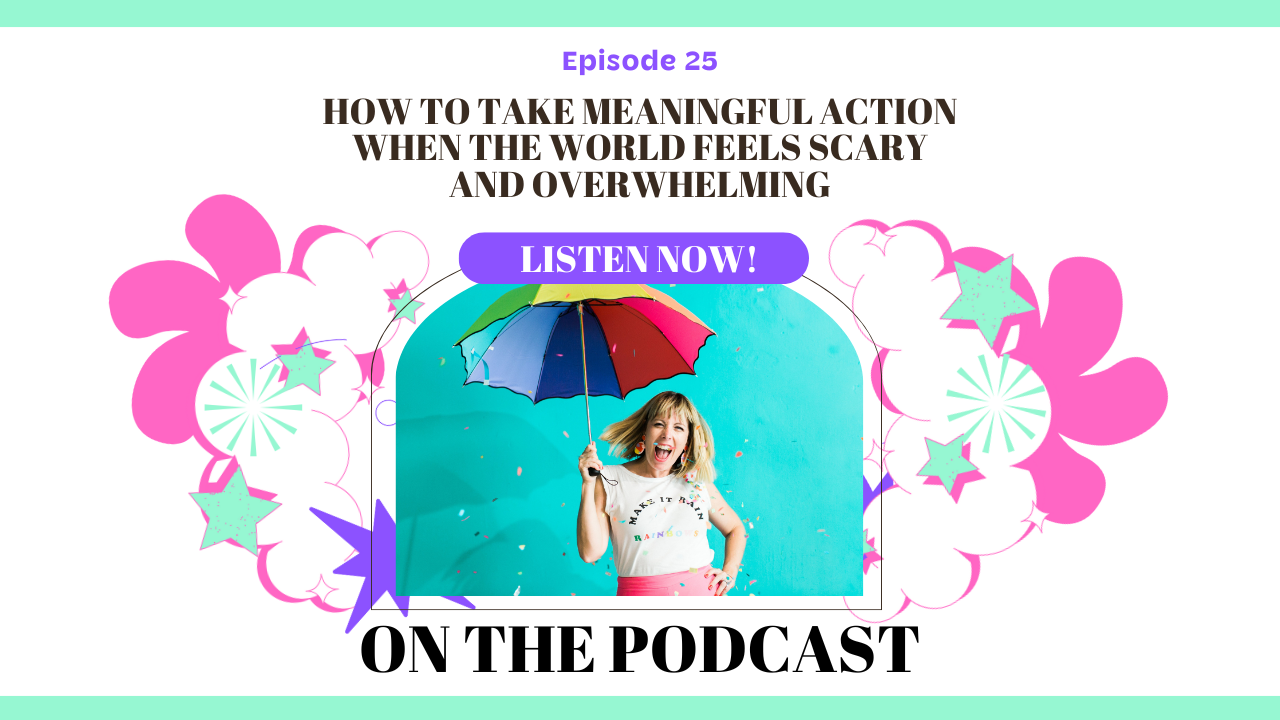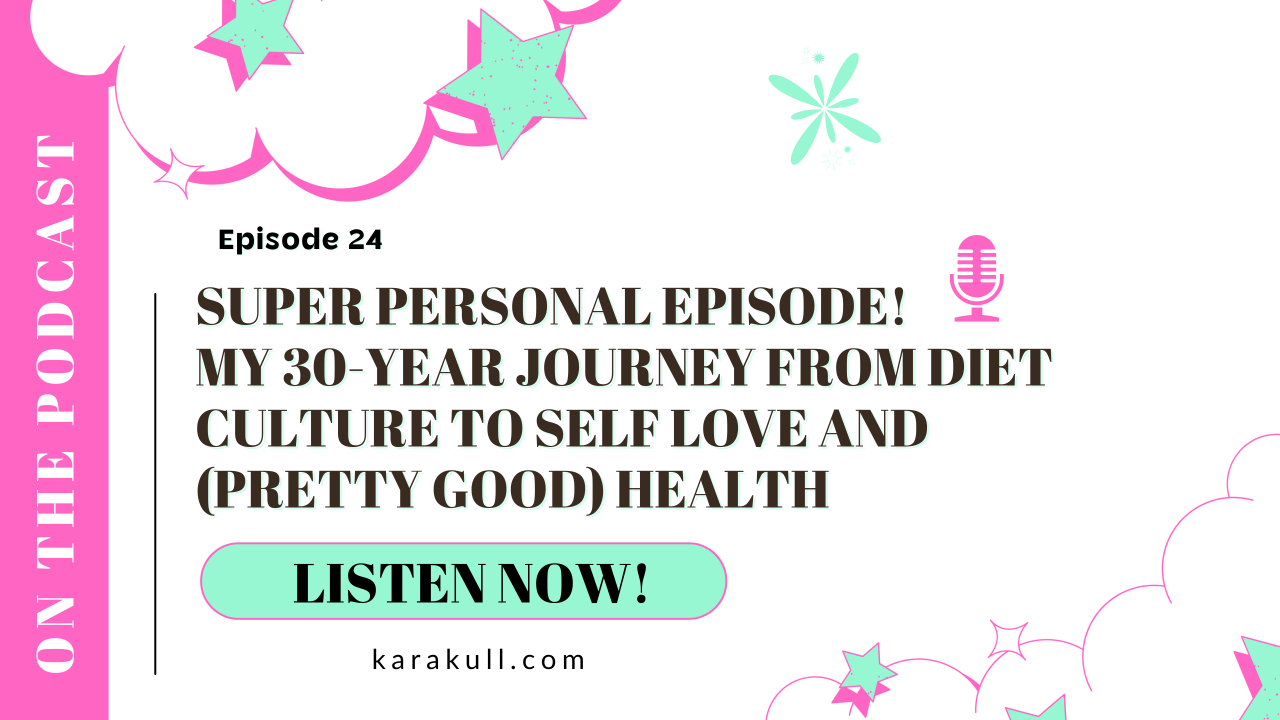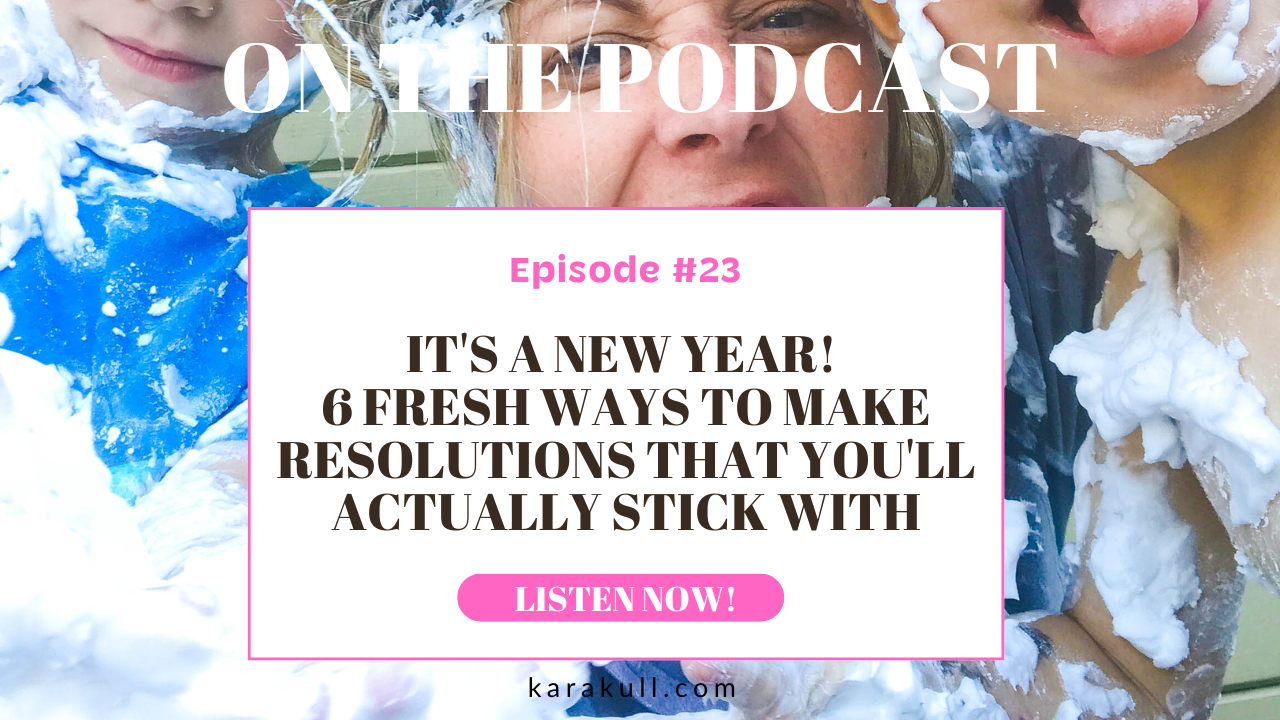
Power of Words, Part 2: How changing specific words can change the way you show up in the world
LISTEN ON: SPOTIFY | APPLE PODCASTS
Words aren’t just sounds or symbols. They’re powerful. They shape how we see ourselves, how we connect with others, and even how we experience life.
So let’s chat about how a few small tweaks in the words you use can create some pretty big transformations. Trust me, these shifts are game-changers.
1. And vs. But: The Subtle Art of Validation
Have you ever noticed how the word "but" can completely undo everything you said before it?
Let’s say you tell someone, “I appreciate you unloading the dishwasher, but you missed a spot.” What they’re hearing is: “Forget the appreciation—here comes the criticism.” And it happens in relationships too: “I care about you, but…” immediately puts the other person on guard. It’s like saying, “I care, except not really.”
Here’s a simple fix: swap “but” for “and.”
Instead of:
“You did well, but you missed something.”
Try:
“You did well, and here’s a small adjustment we could make.”
See the difference? Now it feels collaborative, not critical. It’s a subtle shift that:
- Keeps the connection strong
- Avoids shaming
- Allows space for both perspectives
Next time you catch yourself about to say "but," give "and" a try. It’s a little change with a big impact.
2. Nice vs. Kind: A Paradigm Shift in Self-Respect
Let’s talk about the difference between being “nice” and being “kind.” For a long time, I thought they were the same thing.
But here’s the deal: being “nice” often means putting everyone else’s feelings first, even when it’s at your own expense. It’s saying “yes” to keep the peace, even when you’re screaming “no” inside. Sound familiar?
Kindness, on the other hand, starts with respecting yourself. It’s about setting boundaries and treating others with genuine care—without making their emotional reactions your responsibility.
Here’s how that might look:
- Nice: Saying “yes” to helping a friend move, then feeling resentful because you had other plans.
- Kind: Saying, “Thank you for asking me, but I can’t help this time. I hope the move goes smoothly!”
Kindness feels so much better, doesn’t it? It’s honest, respectful, and leaves no room for resentment. Remember: saying “no” when you need to doesn’t make you unkind—it makes you authentic.
3. Feelings vs. Emotions: What’s Really Going On?
Let’s unpack this one, because it’s huge. Feelings and emotions aren’t the same thing.
- Emotions: These are deep-seated and foundational. They’re the big stuff like fear, sadness, joy, or anger. They take time to process.
- Feelings: These are surface-level expressions of those deeper emotions. They’re like the signals that tell you something deeper is happening.
Take anger, for example. It’s easy to say, “I’m angry,” but what’s underneath? Maybe it’s overwhelm, fear, or even hurt. When you pause and ask yourself, “What’s really going on here?” you’ll get to the root of it.
Try this next time:
When you’re feeling something intense, ask: “What deeper emotion might be driving this?”
Be curious, not judgmental.
It’s a small habit that can lead to huge insights.
4. Offended vs. Hurt: Owning Your Reactions
Here’s a tough one: being offended is often a choice. When someone says something that’s true to them—and they’re not being cruel or malicious—how you react is on you. That’s not always fun to hear, but it’s freeing.
That said, there’s a big difference between offending someone and genuinely hurting them. If you realize you’ve hurt someone, here’s what to do:
- Acknowledge it: “I can see that what I said hurt you.”
- Apologize sincerely: “I’m really sorry.”
- Seek to understand: “Can you help me understand how I can do better?”
It’s not about being perfect; it’s about being real.
Final Thoughts: Beyond "Fine"
Here’s the takeaway: this isn’t about getting everything “right.” It’s about being intentional, authentic, and open to growth. Words are tools, and with a little practice, you can use them to create deeper connections, stronger boundaries, and a better understanding of yourself.
Remember: you are exactly who you need to be right now, and there’s always room to grow. Both things can be true. So let’s keep growing together, one small shift at a time.









